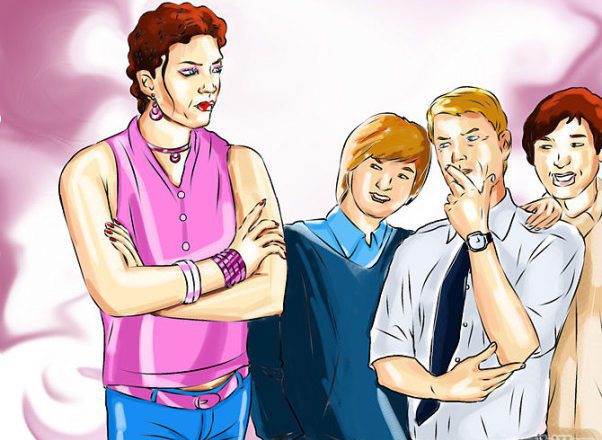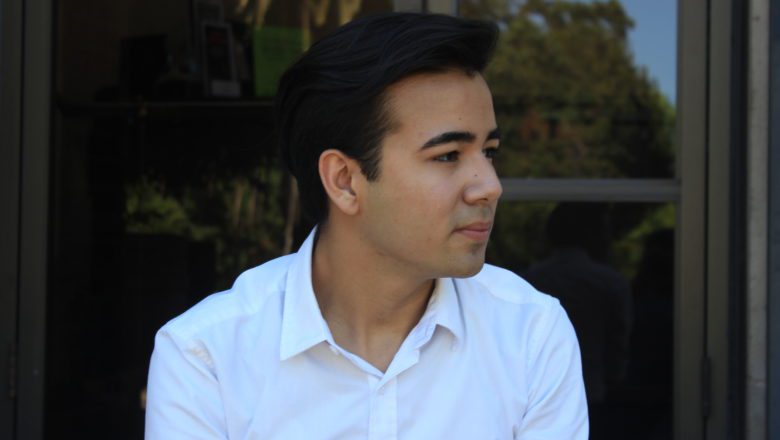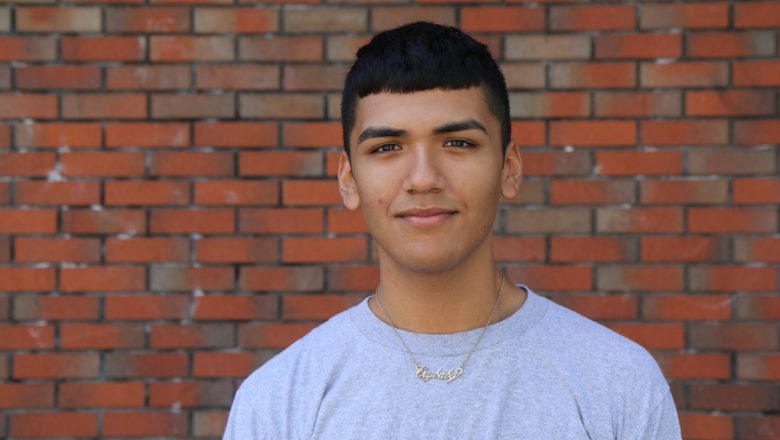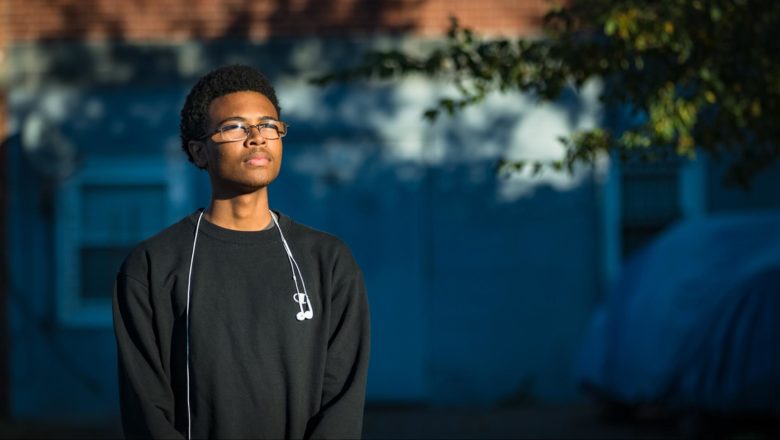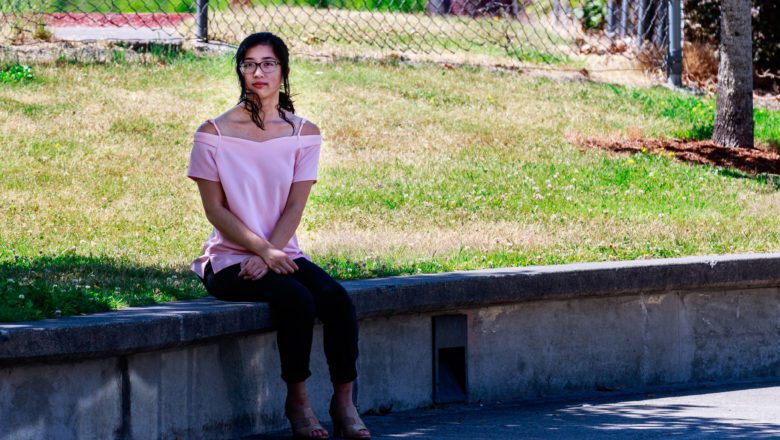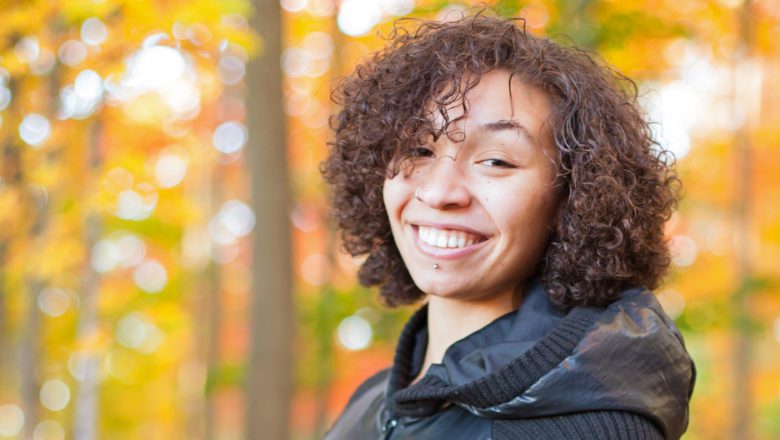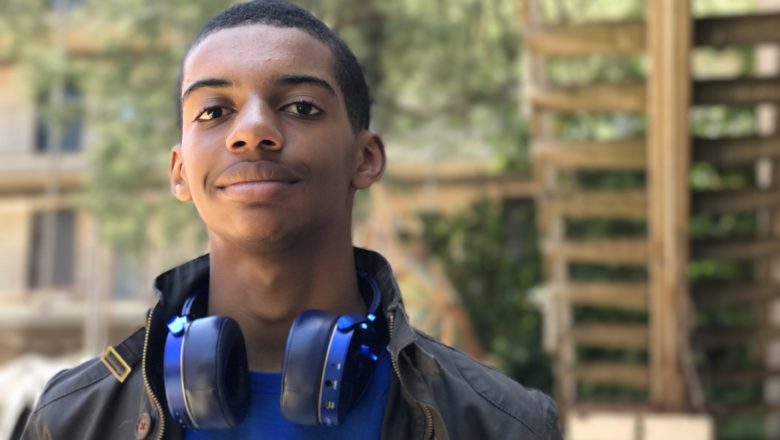Maria, 16 (Latina) – Merced, Calif.
(Maria requested that her full name not be used. Her family was granted political asylum in the U.S., after fleeing Mexico, but they still fear being targeted by the cartels.)
Seasonal farmworker
This summer I’ve gone back and forth between taking college classes and doing short stints as a farmworker here in California’s Central Valley. My first time working in the fields was last summer with my mom. I had been asking her for money to buy school supplies, and we both knew it was a way for me to have a little pocket money and also help out.
Around my hometown Merced, I know other kids who work in the fields during the summer, so there’s no stigma attached to it. Still, getting ready to go work out there for the first time last year, I was nervous. I knew it would be a heavy job. It’s hot and very physical work. I asked my mom what I was in for, and she told me I’d know what it was like once I did it. And she was right — it’s something you have to experience to understand.
We wake up really early — 5 a.m. — which is hard for me since I’m used to sleeping in. I put on lots of layers — a long-sleeved sweater, a hat, boots, and a handkerchief. It gets hot, but we need to wear it all in order to protect ourselves from sunburn later in the day. We have to bring our own food and water. In the mornings, mom packs lunch for both us (usually sandwiches and beans) and then we head out together.
The shifts start around 7 a.m. and go until 4 or 5 p.m. Last year, I was too young to pick anything, but there are lots of other jobs to do out there, like clear sticks and brush to make it easier for workers to move. At one point, my job was to get rid of pests; I think they were gophers. I used a shovel to throw poison into their holes and cover the opening with a mound of dirt. I felt weird because I like animals and I don’t like the idea of killing them. I did it because it was part of the job.
My friends who regularly work in the field do it because they want to earn money and they don’t like school. But I work because I love school. It’s a way to make my education possible. I earn money for books and supplies. Going to school is first on my mind. My mom thinks about it, too. She says she works in the fields year-round to make it possible for my siblings and me to do something better.
Working in the fields for the first time was hard. I was exhausted at the end of the day. But at the same time, I enjoyed it. I like the sounds of the fields, hearing people speaking Spanish and the radio blasting ranchera tunes. It sounds like my childhood. I find it comforting. Being out there, I feel more connected to my community. And I’ve recently started getting involved in politics to advocate for immigrant and farmworker rights.
Even though I could get a job doing other things, I like being out in the fields with my mom. I feel like I understand her better now that I know what she goes through every day.
Maria is a part of We’Ced in Merced, California and a correspondent for Youth Radio. Her essay appeared as part of a Youth Radio collaboration with the New York Times’ Race/Related.
Life In Merced As A Transgender Teen
There is a certain danger around being trans that exists in even the safest of communities, a fear that people can turn on you for just being yourself.
I Just Got DACA, And Now Trump Is Canceling It
It took more than a year for my DACA to be processed and approved. Now I fear that I’ll have to quit my job before I even begin my first day.
Life With A Deported Parent
Zola Cervantes, 17, knows the impact deportation can have on a family first hand. Her dad was deported when she was 11. This story was produced by Youth Radio in collaboration with Boyle Heights Beat.
Confronting Class Across The Fast Food Counter
It’s always awkward when kids I know come in as customers. The underlying context is clear: Instead of being out having a good time on a Saturday night, I’m at work, serving them.
Interning While Black: Battling Imposter Syndrome
I’ve been interning at a tech company that makes mobile apps. Being young, black and Muslim, it’s a little intimidating working in a place without many people of color.
Love For Appalachia, Longing For More Opportunity
Jobs are hard to come by in Appalachia, and chances are slim that I can stay here and be successful at the same time.
Race/Related: Before I Came To The U.S., I Didn’t Understand What “Racism” Meant
Back in El Salvador, I didn’t really know what “racism” was. After being in the U.S. for a while, I learned the meaning and impact of that word.
Race/Related: Even In My Liberal State, People Consider Me The “Other”
The first time someone directed a racial slur towards me… it took me a few moments to process what I had just heard. I was taken aback, but not exactly surprised. After all, there I was, a Filipina reporter covering a Pro-Trump rally.
Race/Related: My First Time Being Called The N-Word, I Was In Elementary School
It was the first time I had ever heard that word. I didn’t know how to react. I had many questions. Should I be upset? Could I call the white student the n-word too? Who invented this word? Do adults use the word?
Race/Related: My Mom Knew I’d Get Stopped By The Police, So She Made Me Practice
Having to spend my childhood rehearsing for the day a police officer would pull me over may sound scary. And I’m aware it’s not something parents of all races feel the need to teach their kids. But the day it actually happened, I was grateful that my mom made sure I was ready.
